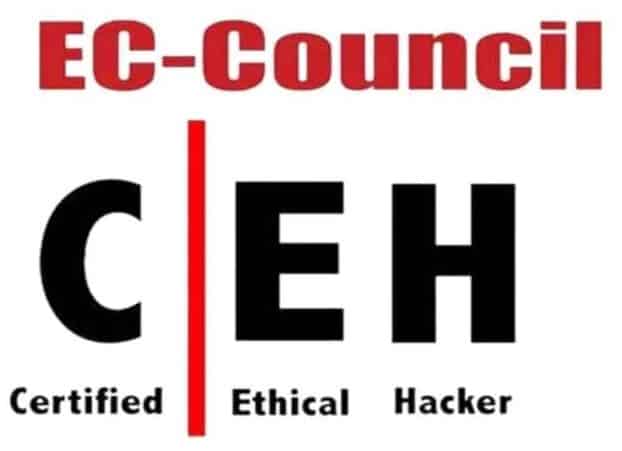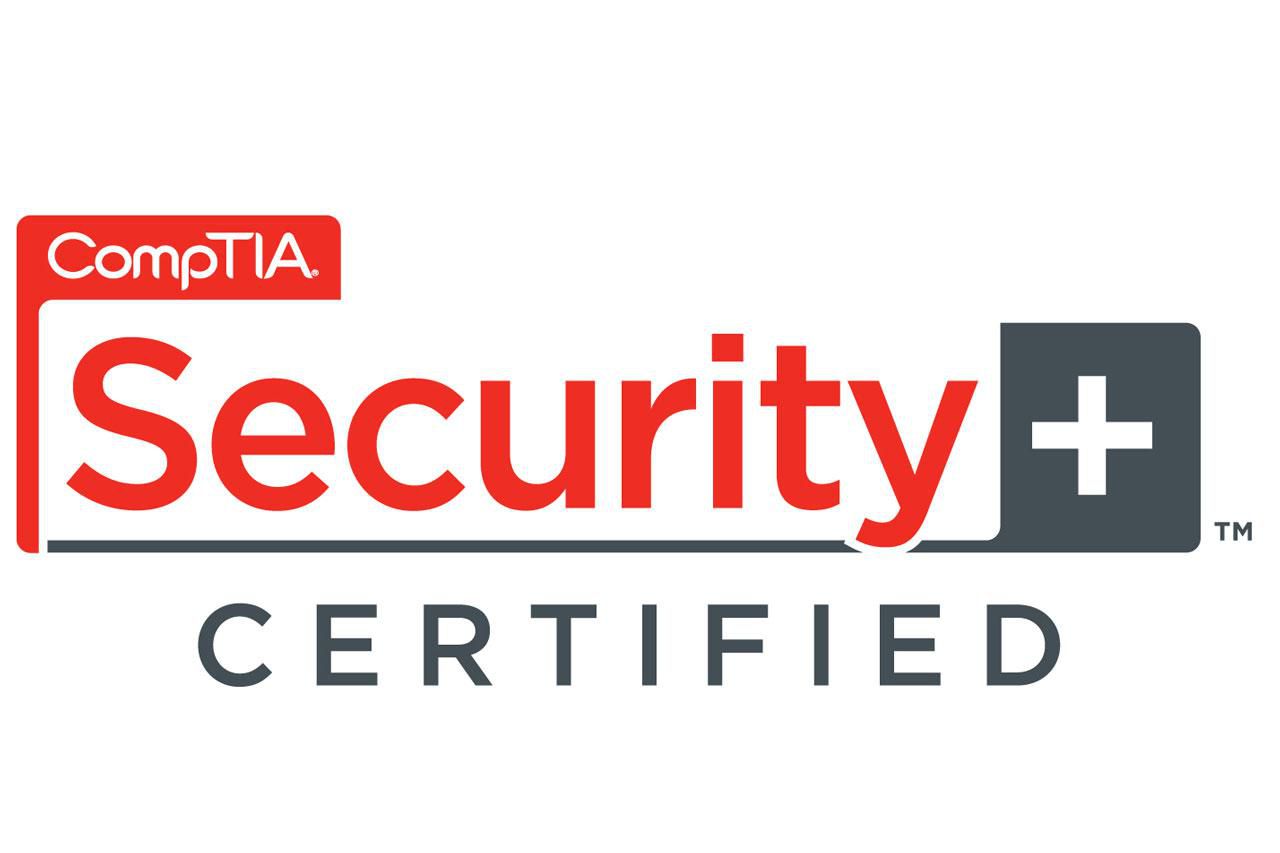Cybersecurity is one of the fastest-growing sectors worldwide, with thousands of jobs posted daily. It has remained relatively unaffected by the recent tech layoffs, which is understandable given cybersecurity’s importance in the modern world. Cybersecurity remains a key focus as more companies move towards digital transformations and embrace technologies like the Cloud and AI. Over the years, boards have become increasingly tech-savvy and need assurance that their companies will not become the following data breach headline. This concern is not unfounded, as news of cyber incidents has become a daily occurrence. The Cybersecurity market has thus remained robust, with demand for qualified professionals skyrocketing worldwide.
Despite the booming job market, however, starting in Cybersecurity can be challenging, given the number of available options. Which career path to choose? Which certification to acquire? Which technology to learn? These are just some of the critical questions posed by newcomers and even experienced professionals wanting to transition into Cybersecurity.
In this comprehensive guide, we demystify Cybersecurity, what it is, and how to start a career in this exciting field. We cover all the essential skills and the learning paths a person needs to break into Cybersecurity from scratch. By the end, you will understand what you must do to start that fantastic career, so let’s begin!
What is Cybersecurity, and Why is it Important?

Before we delve into how to start a career in Cybersecurity, let us first understand what it is and why it is so crucial.
Cybersecurity, in its essence, comprises the processes, tools, and techniques used to protect networks, systems, people, and infrastructure from unauthorized access and cyberattacks. These attacks threaten everyone, from the average user to massive corporations with millions of endpoints and devices. In the modern world, nearly every aspect of our lives interacts with technology in one form or another, from the smartphones we use to the point-of-sale (POS) machines we transact with.
Cybersecurity is crucial for protecting these technologies and maintaining the trust needed to use them effectively. It is also no longer just about attacks that impact you personally, like malware, phishing attacks, or identity theft, but has become a matter of National Security with cyberattacks threatening critical infrastructure like water and electricity on which society depends.
The cost of recovering from a cyberattack, the potential fines, and the resulting reputational damage have made Cybersecurity a board-level issue. Businesses no longer have the luxury of treating Cybersecurity as an option, given how much damage a successful cyberattack can do and the level of bad press it can generate.
Is Cybersecurity the same as Information Security?
Cybersecurity is often used interchangeably with Information Security, and it is essential to know the difference. Information Security is about protecting the Confidentiality, Integrity, and Availability of information ( in both its physical and digital forms ) from attacks. Cybersecurity can be considered a subset of Information Security and focuses more on protecting applications, infrastructure, and systems from cyber attacks in the digital realm. Hence, the scope of Information Security is much broader and encompasses Cybersecurity.
The Cybersecurity Job Market

Now that we have a firm grounding in Cybersecurity, let us look at the job market. The Cybersecurity job industry has remained one of the fastest growing in the world, and we will look at it from the perspective of future job outlooks, salary trends, and what is needed to get started.
Job Market Outlook
Despite an overall slowdown in tech hiring these last couple of years, the Cybersecurity job market has remained resilient with a high demand for qualified professionals. Increasing cyberattacks and the focus on digitization by businesses and governments alike drive this.
As per a report from Bloomberg, the global Cybersecurity market is expected to reach around USD 500.70 billion by 2030. Additionally, the U.S. Bureau of Labor Statistics states that employment of information security analysts is expected to grow by 35% from 2021 to 2031, much higher than the average for other occupations.
However, despite the growing demand, Cybersecurity is not a domain for everyone. It requires a keen interest in the subject matter and a solid foundation to succeed. For starters, it is recommended to have a Bachelor in Information Technology or related fields and further supplement this via workshops or certifications. For professionals transitioning from non-IT fields into Cybersecurity, workshops and certifications can help bridge the gap and serve as stepping stones into this field. We will look at this in detail in the next section.
Salary Trends
Salary scales within Cybersecurity have traditionally remained high however, this is impacted by factors such as the region, job type, industry sector, certifications, skills required, etc. The average salary for information security analysts was $102,600 per the U.S. Bureau of Labor Statistics, while senior roles like Chief Information Security Officers (CISOs) can command even higher pay grades. Regardless of your chosen position, Cybersecurity has diverse career paths and tremendous growth potential.
How to Start Your Career in Cybersecurity

Choosing a career path in Cybersecurity can initially seem overwhelming, given the many available choices. To simplify it, let us break it down based on where the person is starting from:
1 – A Complete Newcomer:
If you are a complete newcomer, breaking into Cybersecurity can seem insurmountable. However, once you identify the right career path, landing that first job is simply a matter of dedication and consistency.
Steps to starting your career:
At a high level, the following are the steps to take:
- Create Foundational Knowledge: Start with educating yourself using platforms like YouTube, Udemy, Coursera, etc. that offer numerous free courses and tutorials on the basics of Cybersecurity
- Get Certified: Choose a beginner-level certification such as CompTIA Security+ that is foundational and gives an excellent overview of the various disciplines within Cybersecurity.
- Start Networking: Conferences or local chapters of Cybersecurity communities can be an excellent way to meet fellow Cybersecurity professionals and better understand the industry.
- Seek out Entry level Positions: Find entry-level positions within Cybersecurity that can provide you with that all-important experience you need at the start of your journey. Even freelancing websites like Fiverr or Upwork are excellent, and easy to find part-time opportunities to gain experience.
2 – Someone with No Technical Background:
If you already have years of experience in a completely non-technical field, then it is easy to feel that your previous experience amounts to nothing, but this is incorrect. It is easy to align your experience with a Cybersecurity career path. For example, a person with a finance or accounting background might find IT Auditing a suitable gateway into Cybersecurity that matches with their experience. Someone in marketing will find their experience crafting compelling content to map quite well with Cybersecurity awareness-related jobs.
Steps to starting your career:
At a high level, the steps to starting a Cybersecurity career will be similar to the ones highlighted in the previous section. You need to gain foundational knowledge and get certified to start your career path within this industry when starting with no technical experience.
3 – Technical Experience / Transitioning from an IT Role
Lastly, we cover individuals with technical experience and who work in an IT role. This is easily the smoothest transition into Cybersecurity as the person’s experience in networking, software development, infrastructure, etc., can easily be mapped into a corresponding domain within Cybersecurity. This person already has a solid foundation, and it is simply a matter of gaining the relevant credentials to make the move.
Steps to starting your career:
- Identify the niche: Identifying what areas map to your existing technical knowledge is essential. For example, networking will map to network security, software development to application security, project management to IT governance, etc.
- Get Certified: Depending on your level, moving directly to intermediate to advanced certifications like the CISSP or the CEF and forgoing foundational level certifications is possible.
- Get Hands-on: Cybersecurity is a hands-on field, so it is highly recommended to set up a home environment or lab where you can get practical experience with tools and environments.
- Network with Cybersecurity Professionals: Start attending workshops or conferences to network with peers and fellow Cybersecurity professionals. This will open up potential job leads and give you confidence within the sector.
Wrapping it up, we can see numerous pathways present in Cybersecurity, and it is simply a matter of finding what works for you. Whether you are a newcomer, a professional with zero technical background, or a hardened IT professional, Cybersecurity can accommodate all types of individuals. With the proper approach, anyone can start their Cybersecurity career journey and excel.
What Cybersecurity Career Path Should You Choose?
Cybersecurity offers a diverse array of roles to choose from, each with its unique features. Let us look at some of the critical Cybersecurity roles and what they require:
Information Security Analyst
The starting point for most Cybersecurity professionals is the Information Security Analyst. The role is at the frontline of cyber defense and monitors the organization’s environment to detect threats and risks. They typically have access to tools like anti-malware, firewalls, intrusion detection systems, etc., and conduct periodic reviews to maintain a minimum security baseline. They are also at the forefront if any security issue is detected to ensure the incident is contained.
Ethical Hacker
The “rock star” of Cybersecurity can be considered the ethical hacker or penetration tester. These roles are responsible for finding security weaknesses or loopholes within systems and simulating cyberattacks. This role aims to find weaknesses before cyberattackers so they can be fixed proactively. The role is highly dynamic, requiring knowledge of a variety of environments and attack techniques that are constantly evolving.
Security Architect:
Security Architects are responsible for the secure design and architecture of applications and infrastructures. It can be highly costly to re-design an application or system post-launch; hence, the role of a security architect is to ensure that security is ingrained within the very design of an application. It requires a deep understanding of network architectures and protocols and the ability to communicate these risks in an easy-to-understand manner.
Chief Information Security Officer (CISO)
The topmost position within Cybersecurity is that of the CISO. This role is responsible for strategy oversight of an organization’s Cybersecurity and implementing the security roadmap. CISOs are highly sought after because they bridge the gap between senior stakeholders and the wider Cybersecurity teams. They must be able to articulate Cybersecurity risks to the board and steer Cybersecurity efforts where they are most needed.
What Skills Are Needed for a Successful Cybersecurity Career?
To succeed, Cybersecurity professionals must cultivate various technical and management skills. Let us take a look at some of the key ones:
Technical Skills
A solid technical background is needed that should cover the following at a minimum:
- Network protocols such as TCP/IP, UDP, ICMP, etc., to understand the flow of data and how to protect it
- Infrastructure and application knowledge to understand how to harden and secure them against cyber attacks
- Knowledge of security tooling such as anti-malware, firewalls, data leakage solutions, etc., and how to configure them
- Understanding of vulnerabilities and how to put in countermeasures to protect against them.
These technical skills cover the surface and can change from environment to environment but present a good starting point for any professional.
Soft Skills
The technical skills we have discussed must be compliment by soft skills, which are equally as important:
- Communication: One of the most crucial skills in Cybersecurity is the ability to articulate complex technical issues in a way that business stakeholders can understand. This is critical for conveying the impact of risks and getting management support.
- Risk Management: Cybersecurity efforts must be prioritized and focused on where to give the most value. Risk Management helps professionals identify which areas carry the most risk and focus their time and efforts accordingly.
- Leadership: The ability to motivate teams and lead them under pressure is a skill that must be cultivated mainly in a high-pressure job like Cybersecurity
- Problem-Solving: You are rarely in your comfort zone within Cybersecurity, and the ability to juggle multiple issues at the same time and solve them is an important skill to develop
Learning Sources for Cybersecurity

A successful career in Cybersecurity requires a lifelong dedication to learning and self-improvement. Thankfully, there are endless resources to gain knowledge with some key ones mentioned below:
Cybersecurity Courses
Numerous universities and companies offer courses focused on Cybersecurity to fill the industry’s resource gap.
- MIT– ‘Computer and Network Security course
- Stanford University – ‘Computer and Network Security
- University of Maryland – Master’s in Cybersecurity,
Cybersecurity Certifications
Certifications serve as testimonials and proofs of a professional’s knowledge within the industry. They provide employers with a verification that the professional meets a baseline level of knowledge. Some of the most prominent ones are:
- CISSP (Certified Information Systems Security Professional) – Globally recognized and considered the gold standard within Cybersecurity certifications. Read our full guide on how to become CISSP certified!
- CISA (Certified Information Systems Auditor): Focused on IT audit roles, this certification goes deep into governance and risk management. Read our full guide on how to become CISA certified!
- CompTIA Security+: The most popular foundational level certification within Cybersecurity. This is the starting point for most professionals who are starting their journey. Read our full guide on how to become Security+ certified!
- CEH (Certified Ethical Hacker): The go-to certification to start a penetration testing and ethical hacking career. Read our full guide on how to become CEH certified!
Learning Platforms:
The growing popularity of online learning platforms has made quality Cybersecurity courses available worldwide. Some of the best platforms are:
- Udemy: Easily the most popular online platform, Udemy has thousands of affordable courses covering nearly every Cybersecurity topic. Read the ratings and reviews before purchasing a course for the highest quality.
- Coursera: Esteemed institutions like Stanford use Coursera to host detailed courses, some of which are freely available.
- Cybrary: Focused exclusively on Cybersecurity and provides a variety of regularly updated courses.
Cybersecurity Books
Books are an excellent way to dive deep into Cybersecurity concepts, and there is no shortage of excellent books. We cannot possibly cover every single one here, but let us take a look at a few prominent ones:
- Cybersecurity Career Master Plan: An excellent resource about starting in Cybersecurity and charting your career path.
- The Web Application Hacker’s Handbook: A detailed guide on web application security and how to learn this field.
- Ghost in the Wires: My Adventures as the World’s Most Wanted Hacker: Kevin Mitnick is one of the most famous personalities within Cybersecurity. This is his account of how he became one of the world’s most renowned hackers.
How to Land Your First Cybersecurity Job
Taking your first steps into the Cybersecurity job market can seem daunting, but there are many ways to increase your chance of landing that first job. In addition to applying for jobs that suit your skillset, here are a few expert tips to boost your chances:
- Networking is crucial: Applicable to any sector, not just Cybersecurity; the more people know you .., the more chances you will be singled out for a job. Engage in workshops, seminars, conferences, etc., to increase your visibility. Industry events are an excellent way to showcase your skills and meet your potential new manager. Additionally, many Cybersecurity organizations have local chapters that offer mentorships and speaking opportunities.
- Improve your LinkedIn: Make sure your LinkedIn profile is optimized to draw traffic to your profile. Areas like the headline, profile photo, banner, featured section, and recommendations add credibility and can make your profile stand out for a potential recruiter.
- Branding: Create your unique personal brand by regularly writing and posting on LinkedIn, Medium, and SubStack platforms. These platforms are filled with Cybersecurity professionals and are a great way to showcase your skills and knowledge.
Keeping Yourself Updated in Cybersecurity
Cybersecurity is constantly changing, with new threats emerging as technology evolves. It can become overwhelming if you do not keep yourself up to date with the industry. A few techniques not to get overwhelmed are:
- Participate in industry conferences and workshops that discuss Cybersecurity events and happenings.
- Subscribe to Journals like ISACA and Twitter accounts that detail the recent happenings within Cybersecurity.
- Podcasts like Cyberwire or DarknetDiaries offer great insights via interviews and discussions on recent happenings.
Conclusion
Cybersecurity is one of the most exciting career choices that a person can make. By now, I hope that you have a good understanding of where to start and how to land your dream Cybersecurity job. This field requires passion and a dedication to lifelong learning, but the rewards are immense.
We looked at what skills are important and how certifications can be important milestones in your career. Continuous learning is another essential aspect of a successful cybersecurity career. Remember that when you start in cybersecurity, you are not just embarking on a rewarding career but also protecting the information of businesses and individuals from the malicious hands of cybercriminals. Wishing you the very best in the exciting journey ahead of you!











